Health & Medicine
-
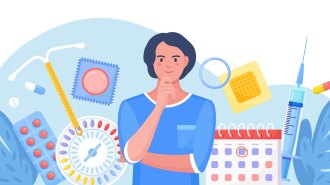 Health & Medicine
Health & MedicineHow doctors can help demystify birth control amid online confusion
There’s a larger takeaway from some social media content about hormonal birth control side effects: People aren’t getting the information they need.
-
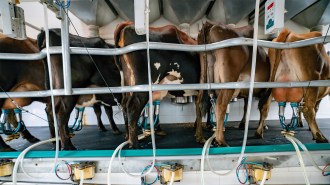 Health & Medicine
Health & MedicineBird flu viruses may infect mammary glands more commonly than thought
H5N1 turning up in cow milk was a big hint. The virus circulating in U.S. cows can infect the mammary glands of mice and ferrets, too.
-
 Health & Medicine
Health & MedicineSome people have never gotten COVID-19. An obscure gene may be why
A trial that purposely exposed volunteers to COVID-19 revealed key immunological differences that may explain why some people can dodge SARS-CoV-2.
-
 Health & Medicine
Health & MedicineA bizarre video of eyeballs illustrates our pupils shrink with age
Pupil size can decrease up to 0.4 millimeters per decade, hinting at why it can be increasingly harder for people to see in dim light as they age.
-
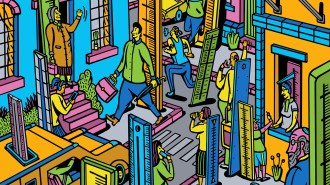 Humans
HumansDoes social status shape height?
A controversial idea drawing on findings from the animal kingdom suggests there’s more to human stature than genetics and nutrition.
By Sujata Gupta -
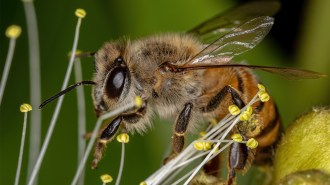 Health & Medicine
Health & MedicineHoneybees can “smell” lung cancer
Bees can detect the scent of lung cancer in lab-grown cells and synthetic breath. One day, bees may be used to screen people’s breath for cancer.
By Meghan Rosen -
 Climate
ClimateA heat dome is baking the United States. Here’s why that’s so dangerous
As climate change makes heat waves more frequent and intense, older adults, pregnant people and others are at higher risk for heat-related symptoms.
-
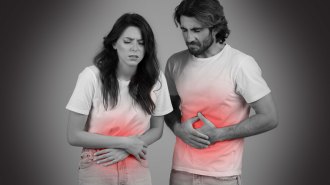 Neuroscience
NeurosciencePain may take different pathways in men and women
Sex differences in the function of nerve cells in mice, monkeys and humans suggest a new way to treat pain conditions.
By Claire Yuan -
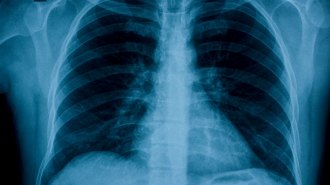 Health & Medicine
Health & MedicineAI could take medical imaging to the next level
Artificial intelligence in medical imaging is taking off. Experts share what they see as the promise — and potential pitfalls — of AI technology.
By Meghan Rosen -
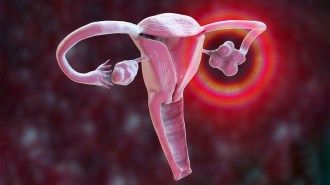 Health & Medicine
Health & MedicineA malaria drug could be used to treat PCOS, a common hormone disorder
Artemisinin is known to be effective against malaria, lupus, cancer and now possibly polycystic ovarian syndrome.
-
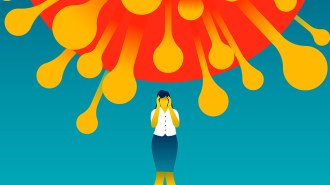 Health & Medicine
Health & MedicineLong COVID finally gets a universal definition
If broadly adopted, this inclusive description of long COVID will help legitimize the ongoing struggles millions of people are facing post-infection.
-
 Health & Medicine
Health & MedicineGen X has higher cancer rates than their baby boomer parents
An unexplained uptick in cancer diagnoses among Gen Xers might be bad news for millennials and Gen Z.